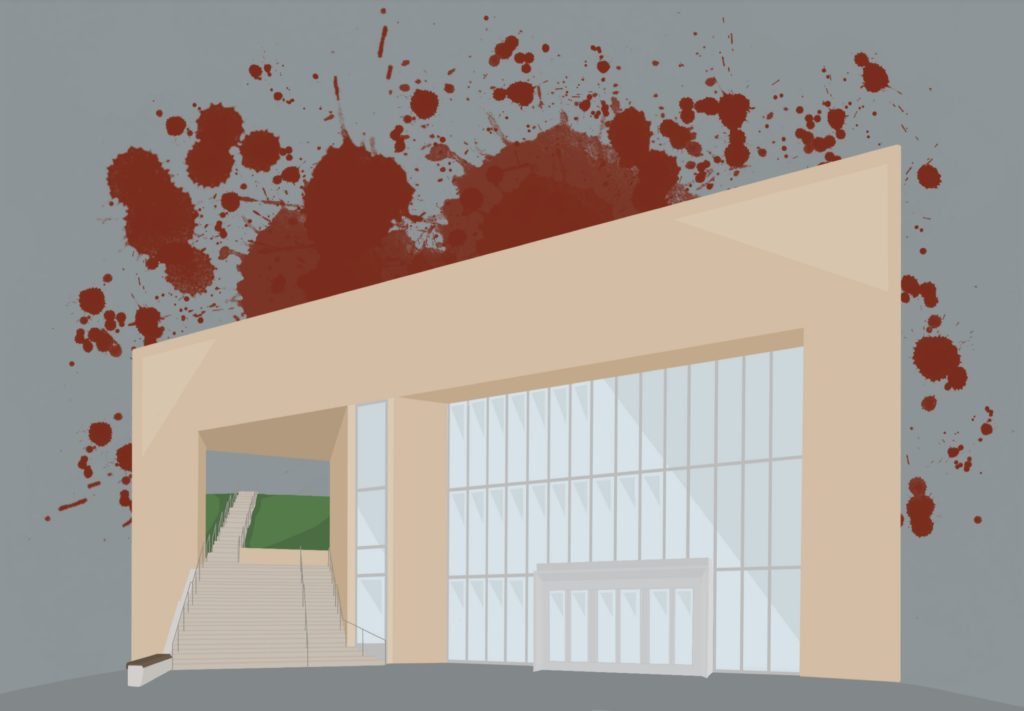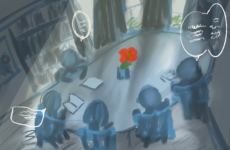After three years without wellness blocks at Choate, the program finally returned on Friday, January 20. Due to Diversity Day on Monday, January 16, and the special schedule for the week, students had a half-day that Friday, and what would usually be F and G-block was instead spent as a wellness block: a time for the student body to take a much needed break and do something fun.
For my wellness activity, I signed up for an hour-and-a-half of Minute-to-Win-it games, a pleasant collection of activities such as “Guess that Song” and “Balloon Elbow Bouncing.” I had a great time, and, afterwards, my friends and I were buzzing with excitement over the reintroduction of wellness programming at Choate. However, our excitement lasted all of a few hours before Choate returned to its normal routine. Despite my enjoyable experience, I have strong doubts that Choate’s wellness blocks will truly affect our community’s well being in the long run.
Wellness has become a frequent topic of conversation on campus in light of the recent events in the world and in our community, which have hit the student body hard. While Choate had underclassmen wellness programming for many years, the 2019-2020 school year was the last time Choate students received a comprehensive, bi-weekly wellness education. This means the class of 2023 was the last Choate class to have experienced a standard wellness curriculum.
The absence of such an education has left my form with minimal understanding of important topics ranging from mental health to sex education. While the wellness block was a nice first attempt toward bringing back wellness at Choate, it is unlikely to be effective in educating students on how to take care of themselves and learn skills to improve their wellbeing. It felt like a band-aid solution to the much deeper, largely unaddressed issue of Choate students not having the appropriate tools or knowledge to take care of their mental and physical wellness.
Without frequent wellness blocks, the wellness of the student body will not improve. In addition, the wellness block activity options were limited and had a finite number of spots that operated on a first come, first served basis; therefore, if you were busy with after-school commitments when the sign-up sheet was sent out, it was unlikely that you could join an activity that you would actually enjoy. Similarly, by limiting students to the choices provided by the administration, other forms of wellness like socializing with friends and sleep were disregarded.
Wellness blocks are pockets of fun and relaxation, but they are unable to truly affect the student body’s well-being in the long term. Nevertheless, I appreciate the School’s commitment to reforming the wellness program at Choate and look forward to seeing how the administration continues to incorporate wellness in the future.




